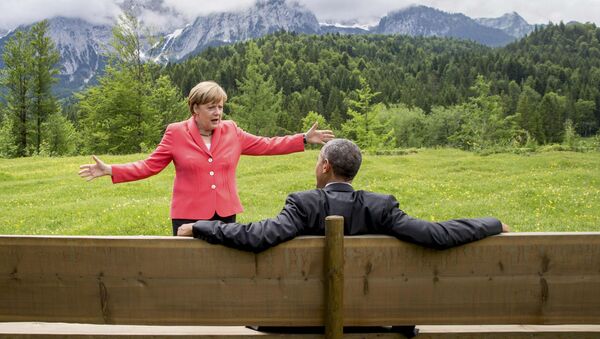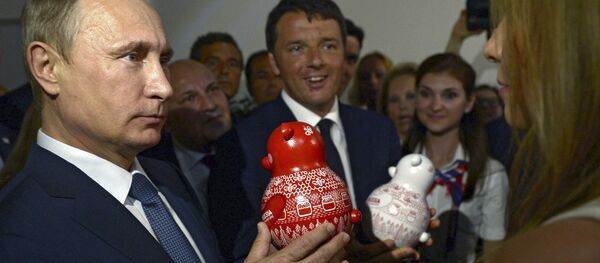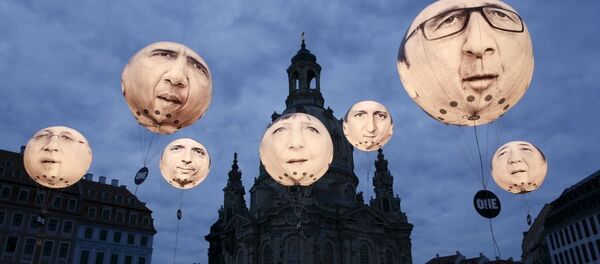"I mean it was quite a strange, weird situation," the analyst commented. "They were trying to create some kind of boogieman out of Putin, saying that 'we'll just ignore him', and instead spent all their time discussing him. You see Putin once made a statement that the fall of the Soviet Union was a tragedy –and it was. You can be a [Russian] liberal or conservative or a communist; you can be anything, but you can see that the fall of the Soviet Union caused many human tragedies and deaths. One can say [the collapse] was inevitable, and one can say that the communist system was such that it couldn't be done any other way. There are many arguments [about it] but the fact is that this was a tragedy and Putin never said anything in terms of a need to revive an empire."
Eskin argued that Putin has proved over his 15 years in power that he is not interested in rebuilding the Soviet empire, absent Western hostility. In the expert's view, "this hostility from his opponents in the West may force him to start thinking about it…Because after 15 years we see that in the cases where Putin [acted] like [he did] in Georgia and in Ukraine, it was a response to certain aggressive actions taken against Russians. Russian peacekeeping forces were attacked in Georgia and Putin responded. Everyone can have their own opinion about whether he responded the right way or the wrong way, but this was not an attempt to recover the Soviet boundary. And the same with Ukraine."





